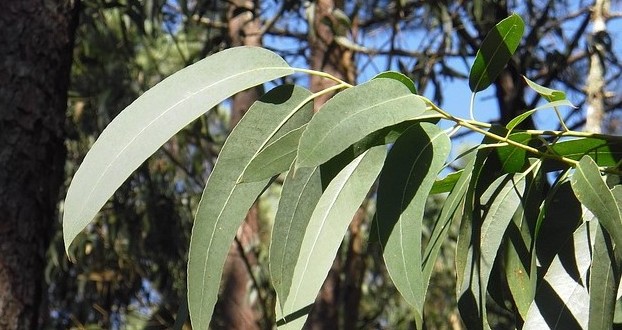- Pests represent a significant threat to the sustainability of the forestry industry.
For two days, representatives from the national public and private forestry sector, along with university representatives, led by the Agricultural and Livestock Service (SAG), met at the CMPC Los Ángeles auditorium to review and analyze the current situation of pests affecting pines, such as the Pine Bark Weevil (Pissodes castaneus) and Fusarium circinatum, as well as Eucalyptus pests like Trachymela sloanei and Leptocybe invasa.
Regarding this, the Acting Head of the Agricultural-Forestry and Seed Protection Division of SAG, Marco Muñoz, explained that "this is an instance of coordination and synergy with private companies, academia, and other institutions of the Ministry of Agriculture, aiming to align efforts and improve control over the pests affecting forest resources nationwide."
He added that during the meeting, attendees analyzed the background of phytosanitary surveillance conducted by SAG alongside companies nationwide across different species, through prospecting and trapping, with a deeper focus on quarantined pests under official control.
Meanwhile, the Phytosanitary Protection Submanager of CMPC Bosques Chile, Miguel Castillo, stated that "in a globalized world, pests pose a significant threat to the sustainability of the forestry industry. In Chile, we have addressed these challenges through collaborative work, creating synergies that have allowed us to tackle highly relevant phytosanitary challenges on a global scale."
On the other hand, the Regional Director of SAG Biobío, Roberto Ferrada, emphasized the "need to work collaboratively today, not only within other state divisions related to agriculture but also with trade associations, companies, and academia. We have had two intense days discussing phytosanitary issues linked to fast-growing plantations, where we agreed on a work agenda and committed to better coordination."
This Technical Committee has worked in a coordinated manner for over 25 years. In our country, there are approximately 1,186,000 hectares of commercial pine plantations, with around 366,000 located in the Biobío Region. As for Eucalyptus plantations nationwide, there are 866,000 hectares, of which 292,000 are in Biobío.







Comentarios (0)
No hay comentarios aún. ¡Sé el primero en comentar!
Deja un comentario